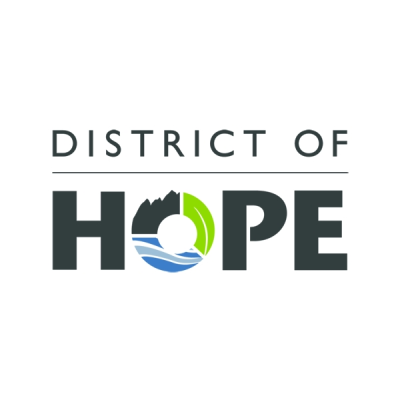Fraser Valley– In recognition of “World Elder Abuse Awareness Day” on June 15, BC Notaries are sharing some of the signs of elder abuse and how to help those impacted.
According to BC’s Council to Reduce Elder Abuse, thousands of older British Columbians experience some form of abuse each year. Notaries hear directly from elderly victims or their families about financial, emotional and even physical abuse at the hands of strangers, acquaintances and even family members.
“It’s important that professionals on the front lines, like bank and credit union staff, First Responders, and healthcare providers, be aware of the signs of abuse in order to intervene appropriately,” said Tammy Morin Nakashima, President of the Society of Notaries Public of B.C. and a Notary in Steveston. “While many people may assume that most abusers are strangers, in actual fact it could be a family member pressuring a grandparent, parent or other elderly family member for money.”
BC Notaries are highly trained to ensure a client is making their own decisions of sound mind. This is why they conduct private interviews with individuals to discuss their planning documents, such as a Will, Power of Attorney or Representation Agreement.
“Sometimes, while speaking with the senior client alone, they admit that they don’t want to change their Will, for example, but are feeling pressured by a family member,” said Scott Simpson, a Notary with offices in Abbotsford, Chilliwack and Hope. “That is why it’s so important for us to speak with the client privately.”
Simpson spoke with FVN :
https://soundcloud.com/don-lehn-51897209/scott-simpson-fraser-valley-notary-elder-abuse
There are several resources available to help seniors suffering from physical, emotional or financial abuse. If you believe fraud is happening, call the local police. In BC, there are also numerous agencies that provide support – the Community Response Network in each community has a list of local agencies that can help, depending on the nature of the abuse.
BC Notaries share five signs of elder abuse and what to do.
1. Know the signs of physical abuse
If you witness physical abuse or are seeing suspicious signs of physical abuse—unusual bruising, cuts, broken bones—and the person appears to be uncomfortable or afraid to talk about their injuries, you can contact local victim services, Senior Services Society or Community Response Network. If the situation is an emergency and someone’s safety or life is at risk, call 9-1-1 or the police emergency number for your community.
2. Watch for emotional manipulation
If someone is taking advantage of an elderly person, they will often isolate them to increase their reliance on the abuser, giving the vulnerable elderly person a sense of powerlessness, while distorting the truth, or preying upon the person’s lessening mental capacity. In these cases, the caregiver may try to gain access to the person’s finances or try to convince them to leave their assets to them in their Will. Family members and friends, financial and bank staff, and Notaries can play a role in ensuring they are not being unduly pressured and – if they are – report it.
3. Know the signs of financial abuse
Financial abuse includes loans to family or friends that aren’t paid back, forging an older person’s signature on documents, making unauthorized withdrawals from the senior’s bank account or unauthorized charges on their credit card, and getting an older person to sign a Will or Power of Attorney through deception or coercion. This situation may be prevented through assigning a trusted person with Power of Attorney.
If you have concerns about an isolated elderly person living alone and at risk, or you believe that an attorney or representative is misusing a Power of Attorney, you can also report this to the Office of the Public Guardian and Trustee.
4. Carefully appoint a Power of Attorney
The person with Power of Attorney—a designation to manage finances and legal affairs—should be well-known, trustworthy and accountable to the older adult and involve that person in the decision-making process. In cases of financial abuse, this does not happen. A BC Notary can help clarify and designate the Attorney’s roles and responsibilities and make sure there’s no undue influence. If there is a question around whether the older adult fully understands the arrangement, then a Notary can request an assessment. One way an older adult can avoid such a situation is to create a Power of Attorney while independent and of sound mind.
5. Scams frequently target the elderly
A number of scams and fraud artists target the elderly. These range from phishing in order to collect passwords and credit card information via email to door-to-door sales to someone calling to request money, pretending to be an acquaintance or family member of the older adult. If you think you or someone you know has been scammed, call your local police or call PhoneBusters at 1-888-495-8501. The Government of BC has also posted resources to educate people on scams targeting seniors.
The Society of Notaries Public of BC represents more than 355 highly trained Notary professionals. Most have locally owned and operated offices and all provide personal assistance to clients around the province. Individuals, families and businesses seek the services of BC Notaries for a wide range of non-contentious legal matters, including residential and commercial real estate transfers, mortgage refinancing, Wills and advanced healthcare planning, powers of attorney, and other important documents.
The Notary’s Tradition of Trust spans 2000 years. Notaries first came to British Columbia over 100 years ago. For more information, or to find a Notary near you, please visit www.notaries.bc.ca.






